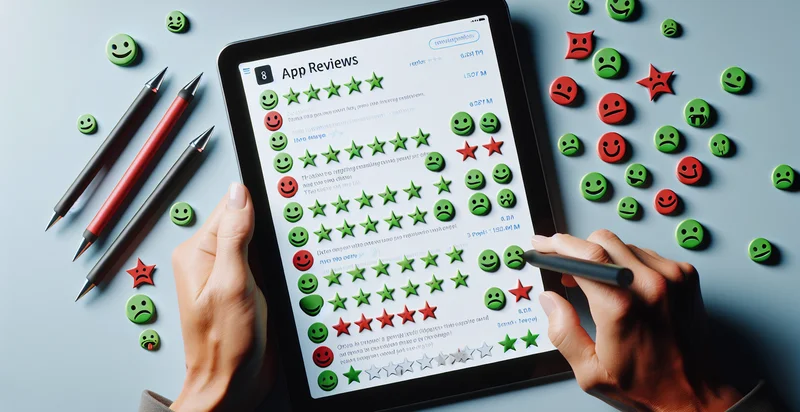Identify video game reviews sentiment
using AI
Below is a free classifier to identify video game reviews sentiment. Just input your text, and our AI will predict the sentiment of video game reviews - in just seconds.

Contact us for API access
Or, use Nyckel to build highly-accurate custom classifiers in just minutes. No PhD required.
Get started
import nyckel
credentials = nyckel.Credentials("YOUR_CLIENT_ID", "YOUR_CLIENT_SECRET")
nyckel.invoke("video-game-reviews-sentiment", "your_text_here", credentials)
fetch('https://www.nyckel.com/v1/functions/video-game-reviews-sentiment/invoke', {
method: 'POST',
headers: {
'Authorization': 'Bearer ' + 'YOUR_BEARER_TOKEN',
'Content-Type': 'application/json',
},
body: JSON.stringify(
{"data": "your_text_here"}
)
})
.then(response => response.json())
.then(data => console.log(data));
curl -X POST \
-H "Content-Type: application/json" \
-H "Authorization: Bearer YOUR_BEARER_TOKEN" \
-d '{"data": "your_text_here"}' \
https://www.nyckel.com/v1/functions/video-game-reviews-sentiment/invoke
How this classifier works
To start, input the text that you'd like analyzed. Our AI tool will then predict the sentiment of video game reviews.
This pretrained text model uses a Nyckel-created dataset and has 26 labels, including Angry, Bored, Content, Disappointed, Engaging, Enthusiastic, Excited, Favorable, Frustrated and Happy.
We'll also show a confidence score (the higher the number, the more confident the AI model is around the sentiment of video game reviews).
Whether you're just curious or building video game reviews sentiment detection into your application, we hope our classifier proves helpful.
Related Classifiers
Need to identify video game reviews sentiment at scale?
Get API or Zapier access to this classifier for free. It's perfect for:
- Market Research Analysis: Companies can utilize the video game reviews sentiment identifier to analyze player sentiment towards upcoming game releases. By aggregating reviews and determining positive, neutral, or negative sentiments, developers can gauge audience expectations and adjust marketing strategies accordingly.
- Product Improvement Feedback: Game developers can implement this function to extract sentiment from player reviews on existing titles. By identifying key areas of dissatisfaction and areas that received positive feedback, teams can make informed decisions for patches, updates, or future projects.
- Competitive Analysis: Game publishers can use sentiment analysis to evaluate competitor games by analyzing reviews from fans. Understanding the strengths and weaknesses highlighted by players can help a company refine its own offerings and develop more competitive products.
- User Community Engagement: Online gaming platforms can leverage sentiment analysis to monitor player feedback about community features, patches, or events. This can enhance user satisfaction by allowing communities to address concerns or development teams to celebrate positive sentiments with the players.
- Social Media Monitoring: Brands can track sentiment around their games on platforms like Twitter, Reddit, and Facebook. By understanding the public's perception in real-time, marketing teams can adjust communication strategies to foster a positive image or address negative sentiment promptly.
- Content Creation and Strategy: Influencers and content creators can utilize sentiment analysis to curate content that resonates with audience feelings towards specific games. By understanding what players love or hate, they can create relevant reviews, discussions, and promotional content that drives engagement.
- Investor Relations: Game stakeholders and investors can use sentiment insights from game reviews to make informed decisions on funding and development. Positive sentiment trends can indicate potential profitability, while negative trends may highlight risks that require management attention and strategy alterations.


